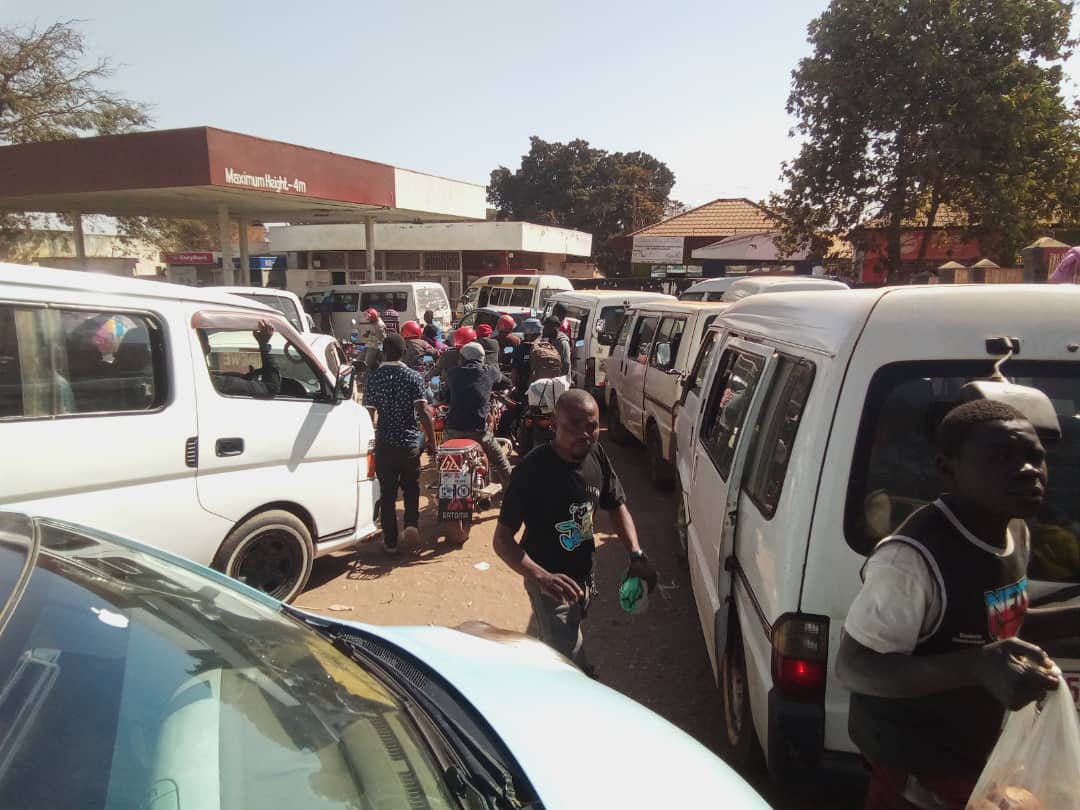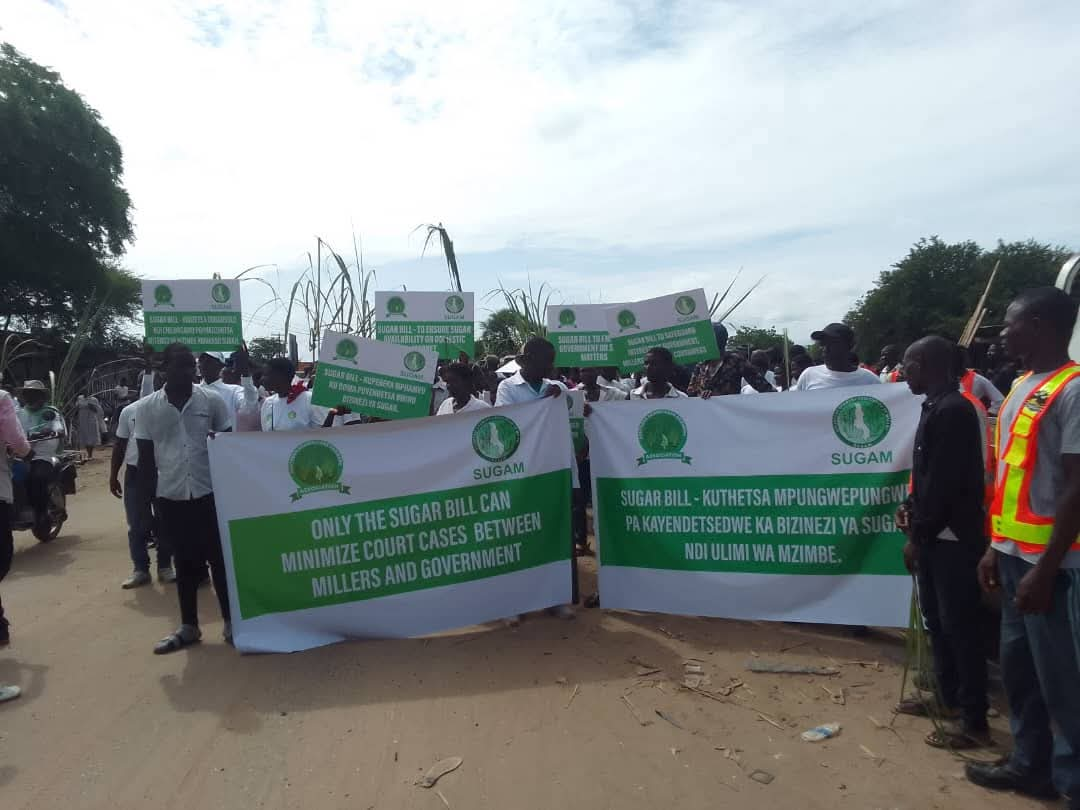By Burnett Munthali
Malawi is experiencing one of its worst fuel shortages in recent years, leaving motorists stranded and the economy reeling from the ripple effects.
The crisis has been traced to a 23-day delay in fuel shipments at Tanzania’s Tanga Port, a critical supply route for the landlocked nation.
This prolonged delay has severely disrupted the flow of fuel into Malawi, with tanker trucks arriving in the country far behind schedule.
As a result, fuel service stations across major cities and towns have become scenes of frustration, with motorists queuing for hours—sometimes up to 24 hours—just to purchase petrol.
Many drivers have resorted to sleeping in their vehicles overnight in the hope of securing a few litres of fuel once supplies arrive.
The situation has sparked public outrage, as government authorities continue to offer conflicting explanations and appear disorganized in handling the crisis.
While some officials have blamed logistical challenges at the port, others have cited foreign exchange shortages and procurement bottlenecks as underlying causes.
This lack of coordination and transparency has only deepened public mistrust, with many accusing the government of failing to plan and respond effectively to a predictable supply chain issue.
Public transport operators have also raised alarms, with minibus and taxi drivers lamenting lost income and disrupted schedules due to the persistent fuel scarcity.
Commuters, too, are feeling the pinch, facing higher fares and reduced mobility as transport providers scale down operations or pass on the cost of sourcing black market fuel.
Meanwhile, the black market is thriving, with fuel prices on the informal market reaching astronomical levels—sometimes double the official pump price.
Economic analysts warn that if the issue is not resolved promptly, Malawi risks plunging into a deeper economic downturn, with fuel scarcity affecting agricultural productivity, food distribution, and business operations.
Calls are growing louder for the government to engage in more robust fuel procurement strategies, diversify import routes, and ensure better crisis management systems are in place.
Unless swift and decisive action is taken, Malawians may have to brace themselves for even harsher days ahead as the country struggles to get its fuel supply back on track.




